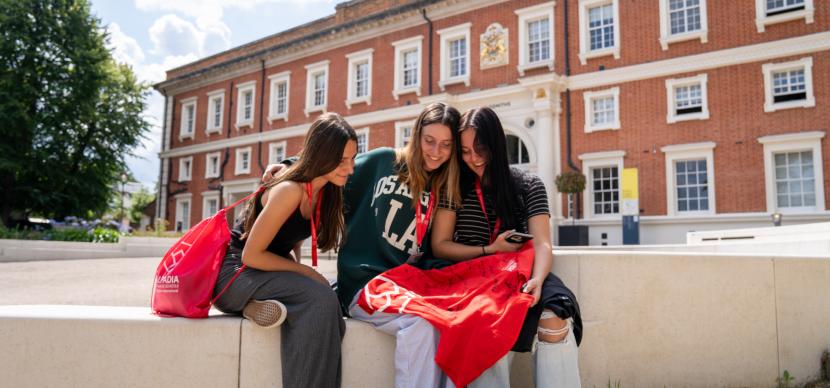How to Apologize and Excuse Yourself in English

There is an old English phrase ‘Manners maketh man’. This means that displaying good manners and being polite to those around you can make you a better person.
British people are commonly stereotyped for having good manners, sometimes to a point of being ‘too polite’; apologizing for things excessively, and sometimes when they are not at fault.
Choosing the right words to apologize or excuse oneself can be tough. The famous singer-songwriter Elton John expressed this as he sang ‘Sorry Seems To Be The Hardest Word’. Our How To is here to help you find the right words to say.
Saying sorry in English
The most common way of apologizing in English is by saying ‘sorry’ or ‘I’m sorry’. You can make your apology more emphatic by using adverbs, such as ‘very, so, terribly’.
To explain why you are sorry you have to add ‘for’ or ‘about
For example:
I’m really sorry for taking your lunch Steve.
Terribly sorry about what I said last night.
Warning! ‘Sorry’ is an adjective, not a verb. You cannot say ‘I sorry’.
You can say sorry without using the words ‘I’m sorry’
For example
I apologize for my terrible behavior.
I’d like to apologize for pushing you over.
I really must apologize for my bad manners.
Excusing yourself in English
We use ‘sorry’ to apologize after we have done something wrong. If you think a future action may upset someone else, you can say ‘excuse me’.
We can excuse ourselves in the following situations:
When interrupting, approaching, or leaving someone
For example
Excuse me, do you have the time?
Excuse me, can I reach across you to get my bag?
Excuse me, can you show me the way to the Science Museum?
Please excuse me for a moment while I make a quick phone call.
When you have done something impolite or embarrassing, such as burping or sneezing.
For example
Please excuse me, I think I have hay fever.
 617 275-5955
617 275-5955



